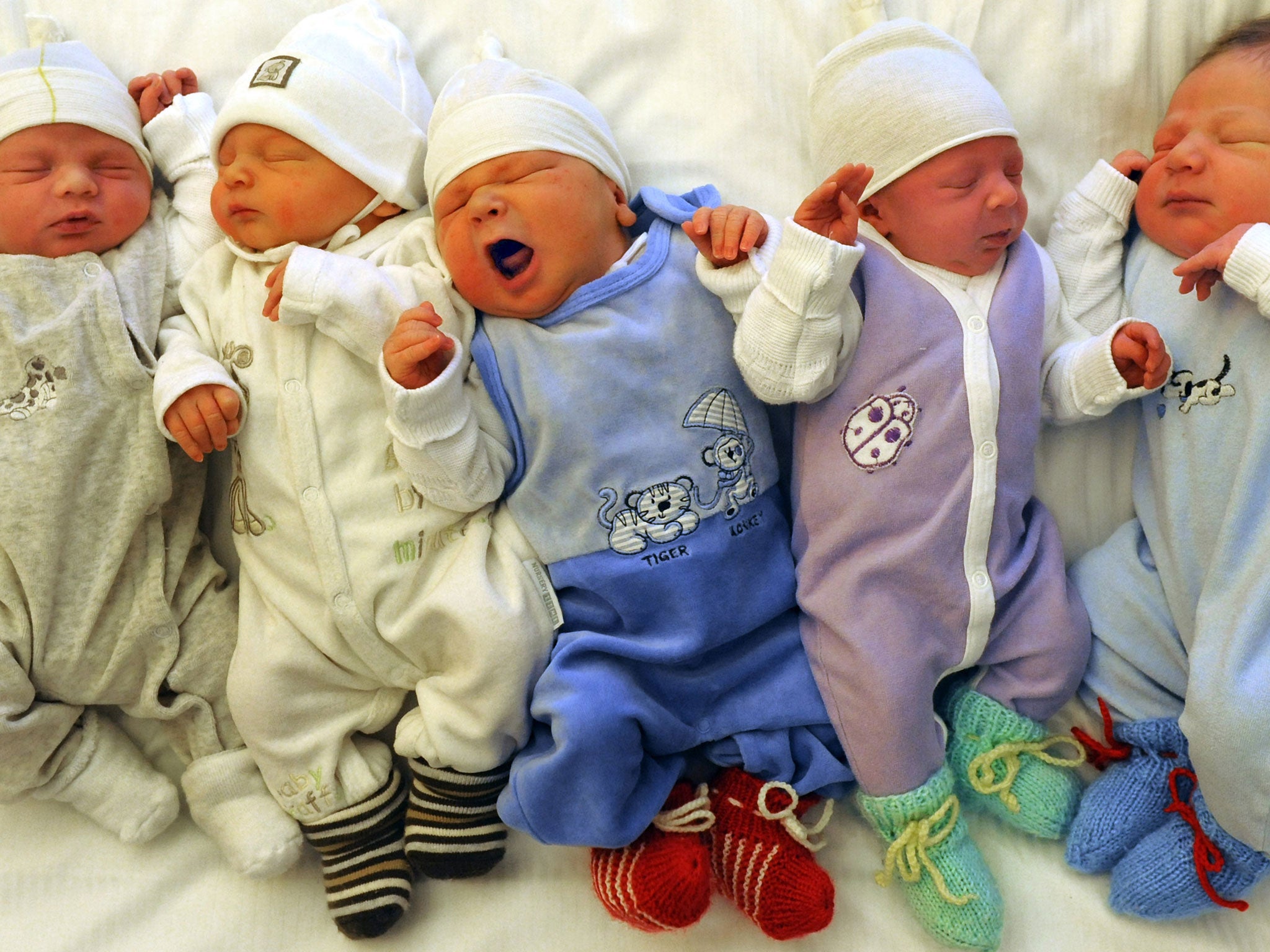Couples in Denmark town agree to have more sex to save public services
Thisted residents have struck an unusual deal with the town’s council to sustain schools, nurseries and other facilities

Couples in a rural town in Denmark have agreed to try and have more babies over the next few years as part of a deal with the council to keep public services running.
Residents in the town of Thisted struck the unusual deal with the council, who have promised to keep schools, nurseries and facilities open if parents bear enough offspring to fill them.
Denmark is already contending with a declining birth rate of 1.7 children born on average per family. This rate drops to 1.6 in Thistead, which has a population of just under 14,000 people.
A report published in February 2013 found the birth rate in Denmark was “dangerously low”, with more than one in five couples childless, despite the majority of couples reporting wanting between two and three children, according to the Copenhagen Post.
Lars Sloth, director of Thisted council, claimed the unusual deal was necessary to sustain a certain number of young people in the town, many of whom leave for university and do not return upon completion of their studies.
Mr Sloth said the pledge was suggested by a citizen organisation as an option at a meeting with the local community over facilities closing and the low birth rate.
He told The Guardian: “We had a hearing with the local community and asked them what we could do about institutions closing and so few babies being born. One of the citizens’ organisations suggested this ‘deal’ as an option.
“It’s an unusual way of doing things, but we had to do something to save our town and maintain a certain number of children in the community.”
The initiative followed a ‘Do it for Denmark’ campaign led by a travel agency in 2014, who claimed it was tackling the country's declining birth rate by offering Danes the chance of a free holiday if they reproduce during a trip away.
The February 2013 report noted that many couples are waiting longer to have children and there are fewer women of child-bearing age, leading to concerns that there will not be enough people to support an ageing population.
Mr Sloth said residents were “very excited” about the new plan, particularly younger couples.
“The threat of shutting schools is over for now,” he said. “We just need to figure out how to monitor the plan and see how many more children come along.”
Join our commenting forum
Join thought-provoking conversations, follow other Independent readers and see their replies
Comments
Bookmark popover
Removed from bookmarks